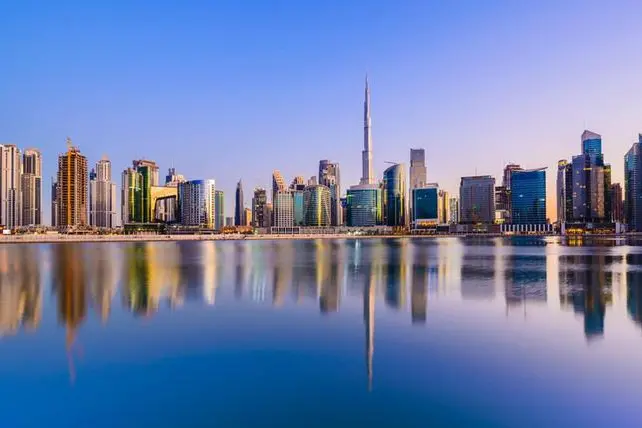PHOTO
The UAE hospitality industry will rebound this year with occupancy going up across the board following a dismal 2020 due to the Covid-19 pandemic as the long-term outlook for the sector remains intact, say analysts.
However, they warned that the hoteliers need to expand their revenues streams, especially the small-and-mid-tier operators, to survive in the market getting tougher due to cut-throat competition in the market.
Since the UAE hotel sector’s long-term outlook remains intact, analysts believe that investments into hospitality sector will not be affected by the short-term impact of the pandemic on the sector.
It’s believed that the slower recovery of tourism will also pose a challenge for the local hoteliers. Though the vaccine is being rolled out at an exceptionally fast pace in the UAE, most of the other countries still lag behind in their vaccine inoculation, which will play a key role in the post-pandemic recovery of the sector.
“Despite the drive to inoculate the global population, we are still not expecting tourism being able to return in a meaningful manner until the latter part of 2022. This is despite the UAE’s commendable handling of the pandemic, the establishment of air-bridges and its relatively agreeable weather for most parts of the year,” says Taimur Khan, associate partner at Knight Frank in Dubai.
“Despite challenging market conditions, asset owners understand that this is a short-term shock, rather a long term structural change to the market.”
As a result, given the sector’s favourable long term outlook and investors’ extended investment horizons, where investment decisions are more closely correlated with the longer-term outlook, investment in the sector will remain steadfast,” Khan said.
2020 was the year of staycations as hotels looked to ramp up domestic tourism in the absence of overseas visitors. Hotels launched innovative campaigns at attractive prices including offering rates that included dining, free upgrades and free cancellations.
Global consultancy Colliers foresees hotel occupancy rising across the board in all the emirates. It sees 61 per cent surge in occupancy in Dubai Creek/Festival City; 63 per cent in Sheikh Zayed Road/DIFC, 64 per cent at Palm Jumeirah properties; 44 per cent rise in Dubai Marina/JBR, 16 per cent rise in Abu Dhabi beach, 38 per cent rise in Ras Al Khaimah beach hotels, 23 per cent increase in Sharjah hotels and seven per cent across Fujairah hoteliers.
Data from Cavendish Maxwell showed that over 11,500 keys will be added across the UAE in 2021 with Dubai getting 8,750 keys followed by 1,700 in the Northern Emirates and 1,080 in Abu Dhabi.
Dubai will also witness opening up of a few huge properties including 1,216-room Arenco H2 and H3 Resort Hotels; 900-key The Cote D’Azur Hotel at The World Island; and 795-room Royal Atlantis Resort & Residence at The Palm.
In Abu Dhabi, occupancy in hotels for 2020 was on par with Dubai, data from STR Global shows.
Aditi Gouri, head of strategy and consulting at Cavendish Maxwell, said 2020 was a tough year, with several hotels shuttering on a temporary or permanent basis.
“However, some others have used the pandemic as an opportunity to revisit and cut operating costs thereby improving margins not only for 2020 but beyond. As a result, they have successfully brought down the occupancy rate required to break-even, which is lower than the typical 40 per cent,” she said.
Going ahead, she said, “We expect small and mid-tier hotels to face difficulties if they continue to solely rely on room revenues without expanding their revenue streams. Also, with increased upcoming supply amid a slow revival in demand, average daily rates (ADR) and occupancy levels will likely move lower in 2021,” she added.
Copyright © 2021 Khaleej Times. All Rights Reserved. Provided by SyndiGate Media Inc. (Syndigate.info).





















